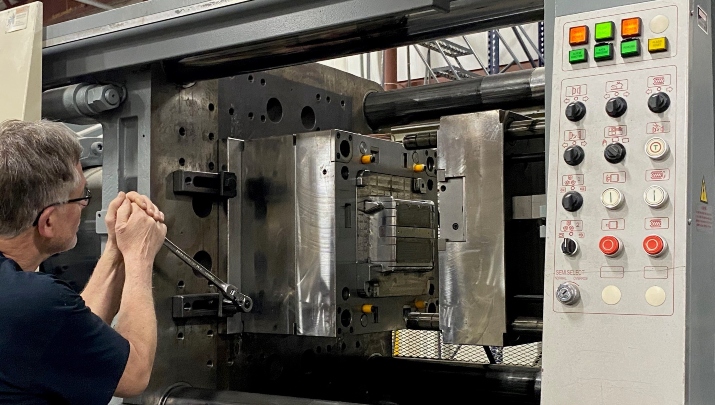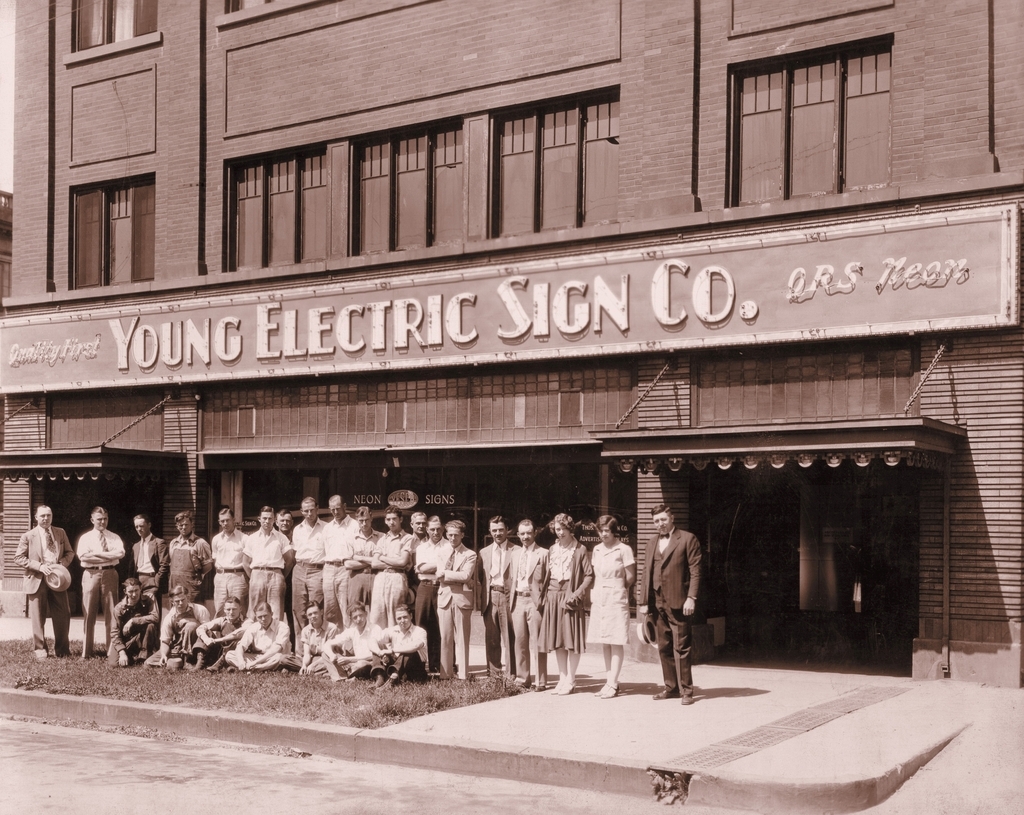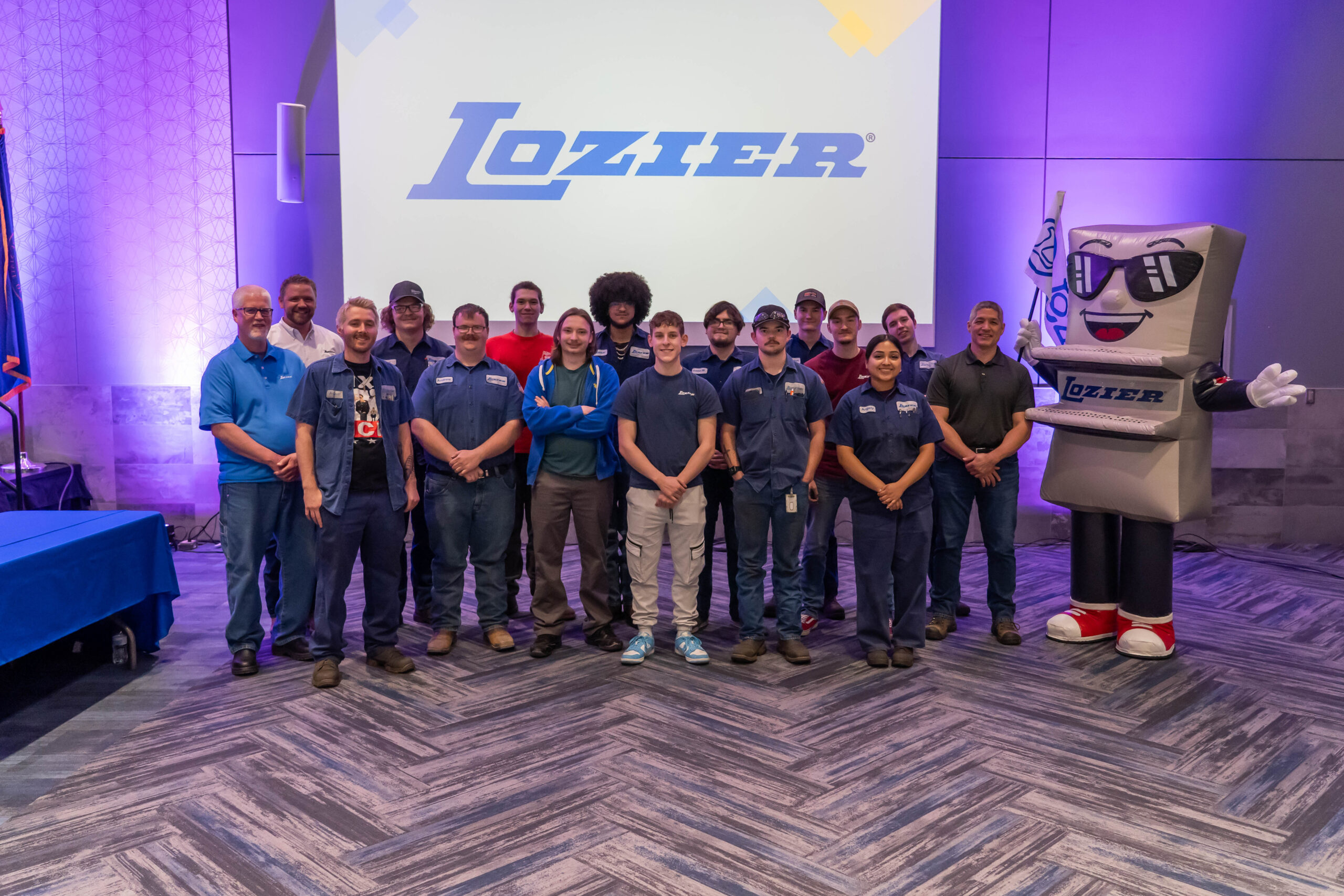
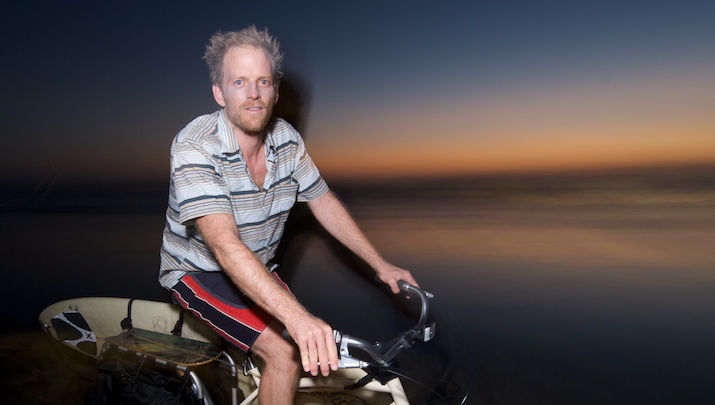
How Lack of Oxygen May Have Contributed to My Evergreen Longevity
- Ross Evans
- Xtracycle
Recently a good friend said to me, “You have a unique ability to hold your breath in an upside-down kayak.” He’s not wrong. I’ve spent some time underwater.
In 2006, on a kayaking expedition in South America, I had an experience in which I came out of my kayak on a notorious stretch of river—a stretch I later learned had claimed the lives of others before me. It was sobering and scary, and when I emerged from the river I thought it would be a while before I got into a kayak again. But the next day, when I walked back to look at the roiling, flood-stage section of water that nearly took my life, I sensed that I had somehow been carried. The phenomenal message was clear: You are capable of much more; you can go bigger. It was a deep moment of spiritual knowing that stayed with me.
The sensation of oxygen deprivation—whether upside down underwater in a kayak or in basic wind sprints—is intensely painful. There’s a term for the state: hypoxia. When your body is deprived of the oxygen it needs, it hurts. Over the last 20 years, I have persevered through parallel painful intensity in our Evergreen business, Xtracycle.
I have had a love affair with bicycles since childhood, when I first felt the freedom and joy of riding a hand-me-down Schwinn around our neighborhood in Tucson, Arizona. That passion and what I have learned about the transformational impact of bikes in people’s lives remains the foundation of our cargo bike company and non-profit, Worldbike, both of which I launched while a college student in the nineties.
But I’ve learned that my passion for our product can only take me so far in building a sustainable, profitable company. In truth, it’s the unending, intensive education that continues to hold my attention. I’ve always said that I like to hang out on the overhung part of the learning curve, and (maybe not surprisingly) my journey with this business has seen me continually in that position. For a long time, I took on the challenge of learning all the aspects of running the company—from finance to fulfillment to everything in between, and I tried to do it all.
And this approach kept us moving forward for quite a long time—slowly and lurchingly. After years of this effort, I decided that the market was finally ready, and I needed to take my efforts up another level—to take a deep breath and start sprinting. I remember sharing my hopes and plans for our growth with a Tugboat team member in 2014, confident and convinced we were on a trajectory to charge ahead and grow quickly. I was certain that we would hit $5M by the end of the following year.
And then the bottom fell out.
We had been working toward developing an electric bike for a long time and, in 2015, we were given the chance to be the first U.S. customer for the European-market-leading Bosch drive system. We went for it and made the investment. And once again, we were too early. Shops didn’t know how to sell such a differentiated product, and we found ourselves way over-inventoried. Panic set in. Employees left. I hit bottom. It was not good.
By the end of 2015, I was ready to quit. I was depressed. I became a tyrant in my relationships. I was miserable. It was a very, very low point for me. I sat down and said, “I don’t think I can do this anymore.”
I was again underwater and being carried down a pretty terrifying stretch of life without the benefit of oxygen. It was painful. But, as my friend noted, it turns out I have a unique ability to persevere.
I was able to step back, personally and professionally, and take stock. I started sleeping more. I began to meditate. I cut out alcohol. On the business front, I backed up and rebooted. Overwriting my historic patterns felt horribly awkward at the time, but I knew I had to persevere in establishing new habits. No matter how much “more of the same” I could muster, it plainly wasn’t going to move us forward.
I did some research and learned that many of the issues my business was facing are common to companies that reach between $1M-$3M in sales. The business hits a level of complexity that can’t be managed without implementing systems. I couldn’t do it all; I needed to bring in help.
I hired a coach, which later lead to our adoption of the Entrepreneurial Operating System (EOS), and we continue within that system to develop strategy and teamwork that help us grow in a healthy way. I’m hopeful as I look ahead now. I’ve been telling people that I feel like a farmer: I have bought the land; I have pulled the rocks; I’ve tilled the field; and now I am seeing the first few little sprigs of green. I’m optimistic, but I know we have a lot of work ahead of us before harvest.
Despite the progress we’ve made, there’s no question that this work is exhausting. We have a lot more to do. But in all that I have learned over the last 20 years of running this company—and I’ve learned a lot—the through-line has been my belief in our Purpose.
In fact it was in those darkest days of 2015 that Xtracycle’s true Purpose became clear to me— and it’s the oxygen that has fueled my fight. This may come as a surprise, but I don’t consider myself a “cyclist” any more than I consider myself a “vaccumist.” (They are both helpful tools that help me reach a specific goal, not totems of my identity.) But I do have endless passion to realize our mission: To empower people with transformational tools that move the body and spirit.
A smarter person would have quit a long time ago. But every time I have considered pursuing something easier, two things about Xtracycle have kept me in it: I believe we are making a lasting, positive difference in the world, and I’ve never found a tougher teacher.
In the same way I felt that deep knowing alongside the river years ago, I know today that I can do more, that I am being carried for a reason, and that all of us at Worldbike and Xtracycle will do great things together.
Ross Evans is the founder of Xtracycle and its non-profit sibling, Worldbike, having resurrected the cargo bike after a 100-year historical hiatus with his pioneering “longtail” design. He has attended every Tugboat Institute event since the Carmel Valley Camp Evergreen in 2014 (but admits he may have misplaced a few of the pins…).
More Articles and Videos
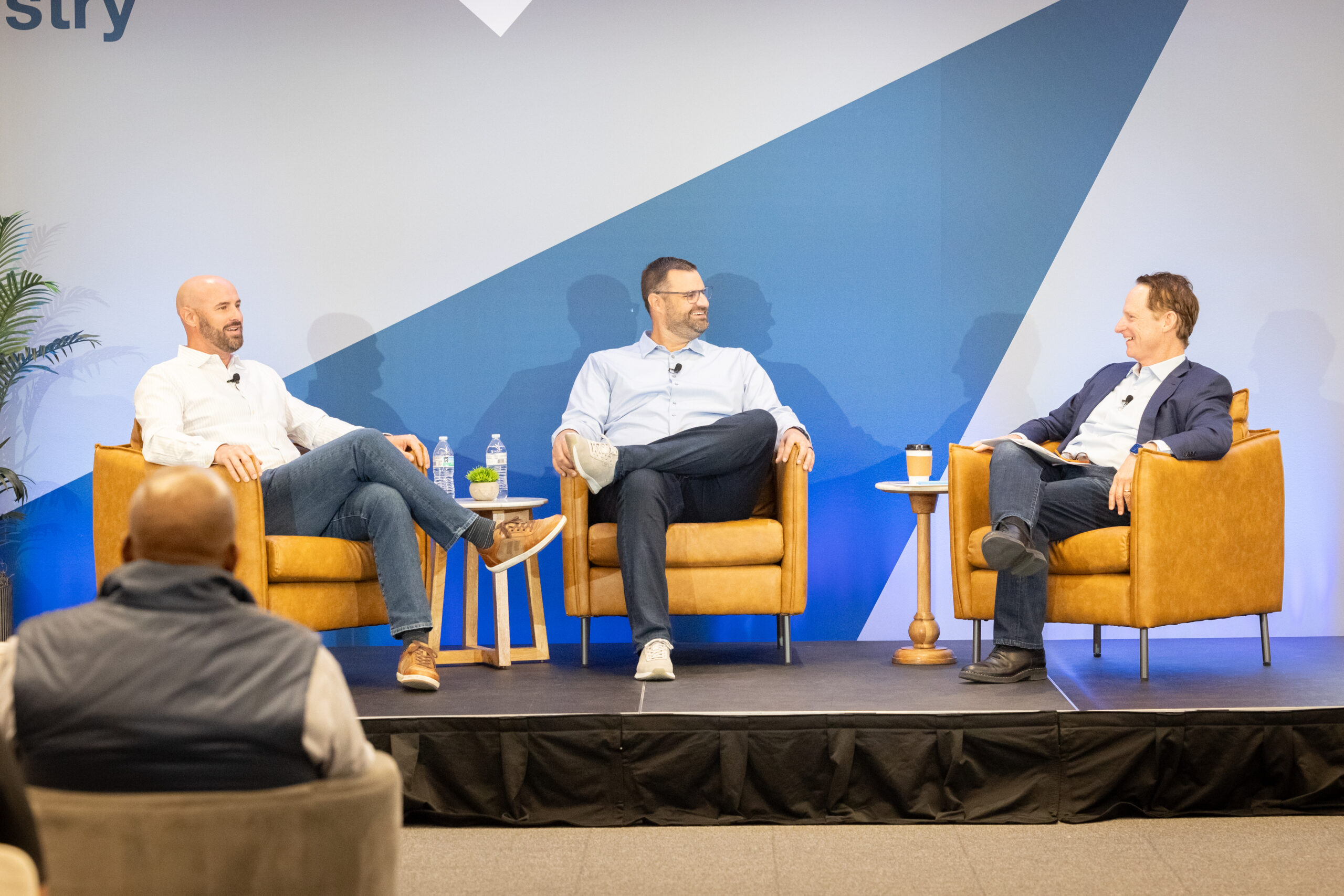
Fireside Chat with Dave Thrasher, Dan Thrasher, and Dave Whorton
- Dave Thrasher, Dan Thrasher, & Dave Whorton
- Supportworks and Thrasher Group

Get Evergreen insight and wisdom delivered to your inbox every week
By signing up, you understand and agree that we will store, process and manage your personal information according to our Privacy Policy
